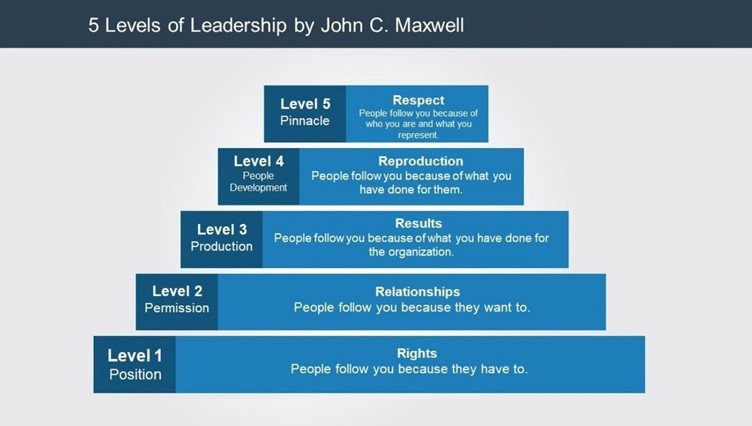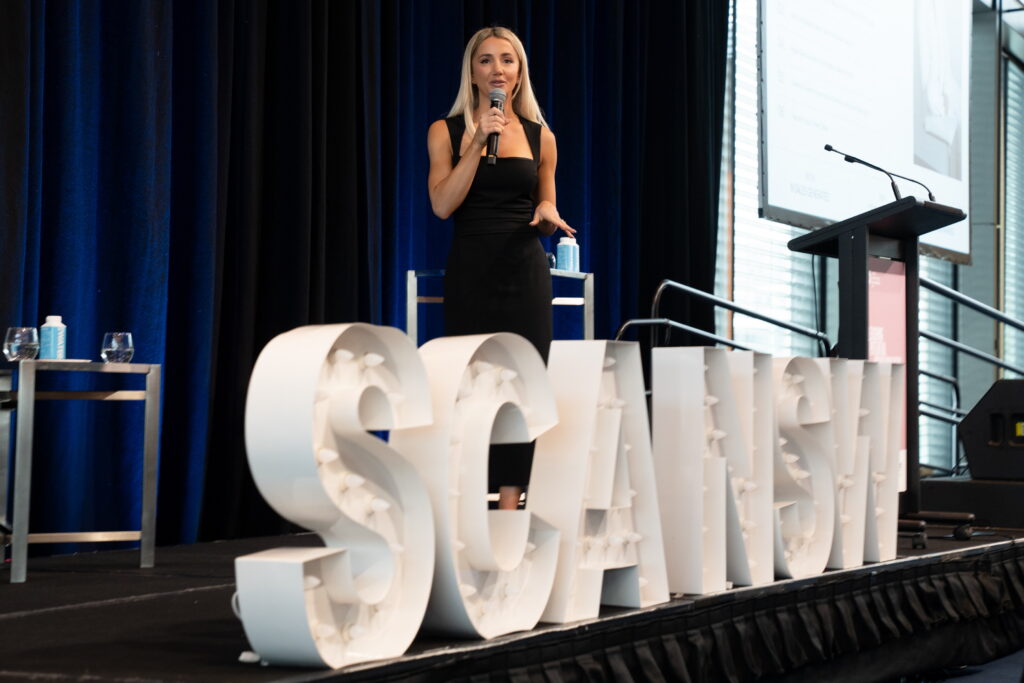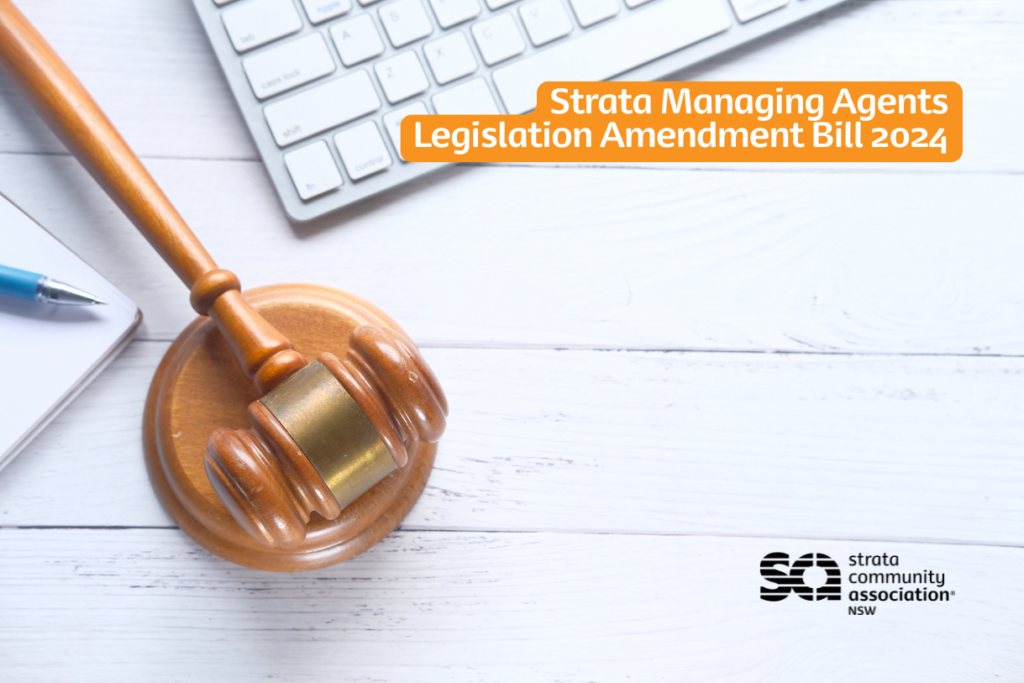
SCA (NSW), the PEAK body for the strata sector in New South Wales, is pleased to announce that the nine vacant board member positions have been filled.
On Wednesday, October 23, 2024 the members of SCA (NSW) elected nine board member positions. In a year when a constitutional change had seen all six strata manager chapter, and three strata services chapter positions become available.
New President Elected
SCA (NSW) is pleased to welcome back Life Member Robert Anderson to the SCA (NSW) board, as well as congratulate him for agreeing to take on the role as President for SCA (NSW).
A previous President’s Award winner in 2006, Robert Anderson brings 30 years of strata experience to the board. Robert previously served as President of SCA (NSW), then known as the ISTM, from October 2000 through to early 2003. Overseeing the pivotal first few years post-merger between the ISTM and SCIA associations.

Senior Vice-President and Vice-Presidents Elected:
The longest concurrent serving SCA (NSW) Board Member, Liza Perera was re-elected to the board and will also take on the role of Senior Vice-President.
Liza Perera is the CEO of the Strata Plus Group and was appointed to the SCA (NSW) board in 2022. She has a long relationship with the strata sector spanning over 15 years and has previously worked closely with both SCA (National) and SCA (NSW) during her time at Macquarie Bank.
Whilst board members Roderick Smith and Matthew Jenkins have taken on leadership roles as Vice-Presidents.

Professional Manager Chapter
During the SCA (NSW) Board Election process, the association elected six board members to fill the six vacant positions in the Professional Strata Manager Chapter.
Robert Anderson and Liza Perera filled two of those positions, here are the additional four members:
Roderick Smith:
Roderick joins the SCA (NSW) board as an elected member, having served the past 3 months as an interim director. Roderick will also take on the position of vice-president alongside Matthew Jenkins.
He is the Managing Director and Founder of The Strata Collective, an award winning Medium Size Strata Management Business located in the CBD of Sydney. Specialising in the management of prestigious and complex strata schemes, community associations and building management committees, Roderick brings a high level of technical experience to his team and clients.
Natalie Fitzgerald:
Natalie is an award-winning strata manager with over 22 years’ experience in the sector. She is the Licensee-in-Charge and a Director at Genesis Strata Management. Natalie is an advocate for mental wellbeing and radical compassion, bringing a leadership style that centres on honesty, communication and empathy. This commitment to kindness and respect extends to her team, her customers and her strata sector colleagues.
Natalie is a sought-after guest speaker and facilitator and has presented for City of Sydney, University of New South Wales, Griffith University, Deakin University as well as the Owners Corporation Network and Strata Communities Australasia. She has been a podcast guest on Your Strata Property and Courageous Conversations.
Leanne Habib:
Leanne Habib is the CEO of Premium Strata and was appointed to the SCA (NSW) Board in 2024. With a distinguished career spanning over 25 years, she is a licensed Strata and Community Manager as well as a Real Estate Managing Agent. Leanne has redefined premium strata service by developing a client-centred approach through her years in senior roles at top-tier agencies. Her commitment to service ensures client expectations are not only met but consistently exceeded.
In addition to her role on the SCA (NSW) Board, Leanne actively participates in industry events and forums. She also serves as a board member of Australian Apartment Advocacy (AAA) and contributes to LookUpStrata, driving initiatives to address strata queries and clarify legislation, bridging the gap between owners and the industry.
James Stewart:
Like Rod, James joins the board for the first time as a fully elected member, having also served 3 months in an interim role.
With nearly two decades of experience in strata management, James is the Managing Director at Altitude Body Corporate & Management Pty Ltd.
As a regional strata management advocator, James strives to improve the standards and practices within the industry, ensuring that both clients and communities benefit from efficient management services.

Strata Services Chapter
During the SCA (NSW) Board Nomination process, the association elected three board members to fill the three vacant positions in the Strata Services Chapter.
Matthew Jenkins:
Matthew has returned to the board after previously being elected in 2023 and will work alongside Roderick Smith as Vice-President.
Matthew heads the strata team at Bannermans Lawyers, where is he also a partner, and has over 15 years extensive experience in all aspects of strata and community title law bringing a wealth of knowledge to the board.
Peter Berney:
A previous Max Dun award winner, Peter has been a member of the association since 2007. In 2010, Peter became the first supplier services professional elected to the SCA(Vic) board.
A natural networker and organiser of strata events, that same year he was asked to join the NSW Events, Suppliers Chapter, plus the Vic, Qld, and National Events Committees.
Edwina Feilen:
For the past 24 years Edwina has worked in the insurance sector, mainly within Sedgwick’s Building Consultancy division.
Her passion lies in resolving building related issues in the most streamlined manner, with a proactive lense to addressing building defects/maintenance, forensic investigations, preparation of scope of works/specifications through to the replacement of combustible cladding.
As Manager, Business Solutions she has dedicated much time and energy to working in collaboration with strata clients and the sector more broadly.

Simon George has been re-appointed as an independent board member.
SCA (NSW) would like to thank departing board members Tony Irvine, Anne-Maree Paull, Emily Doherty, Geoff Linders, Dilber Beattie, Jill Walshaw, Caroline McConnachie, Kirsten Terry and Stephen Brell. We thank them for their over 25 years of combined service to SCA (NSW).
On behalf of the SCA (NSW) membership, we’d like to congratulate and welcome our new board members.




























